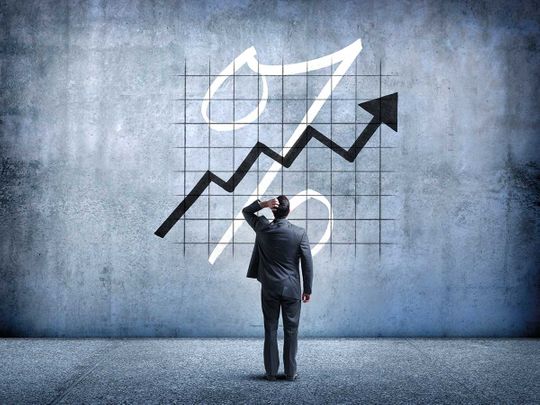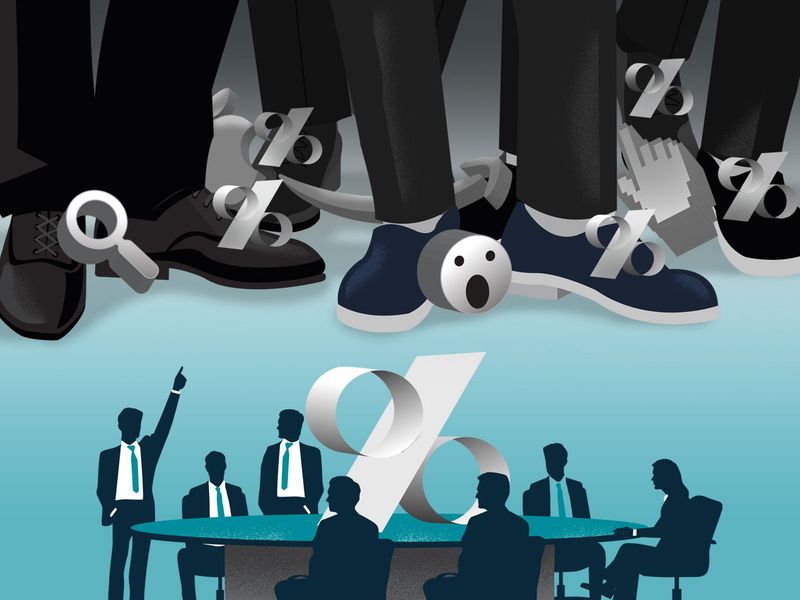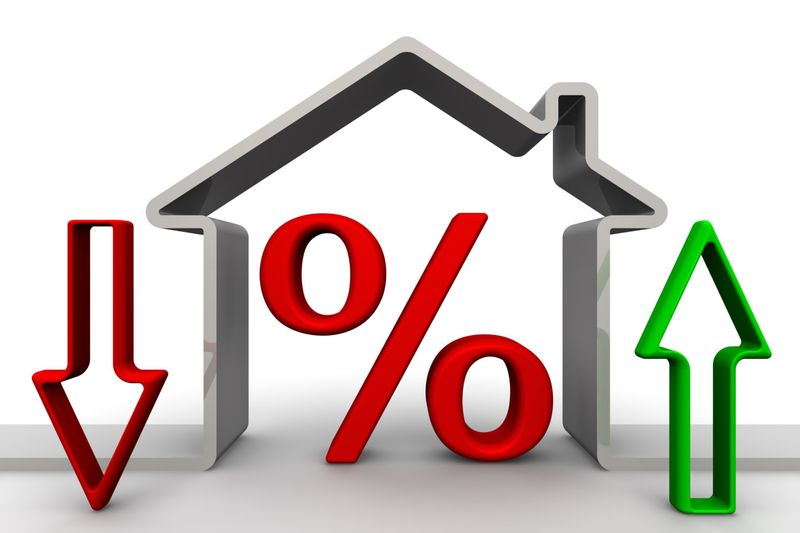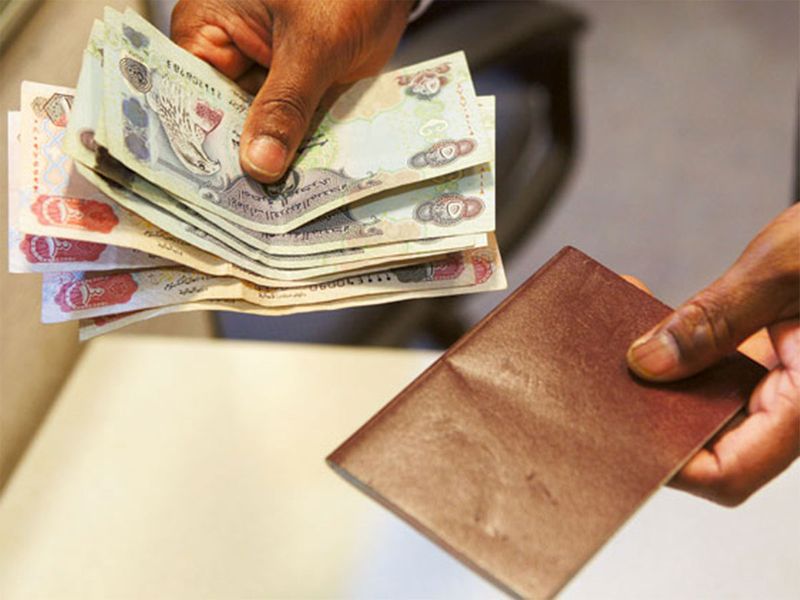
Dubai: Central banks worldwide have hiked interest rates again, and at least one more hike is expected next month. How do these hikes impact you? It increases your payments on credit cards, mortgages and car loans. Your purchasing power is reduced, and you will buy less. How does that happen? Before we get there, let us see why interest rates are hiked and its fallout on the economy.
Why the US central bank raised interest rate?
The US central bank raised its interest rate for a fourth time on Wednesday, to try and rein in runaway inflation without creating a recession in the world’s largest economy — which tends to have ripple effects on other economies.
A hike in US interest rates impact UAE’s lending rates as the Central Bank of UAE (CBUAE) generally adjusts it accordingly to avoid currency market volatility and speculation against the UAE dirham, given its peg to the US dollar.
All major central banks raised interest rates last year and continued the practice this year too. The US central bank plans one more hike next month, which makes it five rate hikes this year to reach its target. And others to follow suit.

Why do central banks raise interest rates?
Soon after the pandemic struck, interest rates were lowered by central banks worldwide. When interest rates are low, individuals earn less on their savings, encouraging them to spend.
Lower interest rates during the pandemic made it cheaper to borrow money, which in turn makes it less expensive to buy anything from an education to electronics.
Demand can rise because consumers have more money to spend. But higher spending increases inflation as manufacturers are likely to raise prices if consumers are willing to, or capable of, spending more.
One of the main goals of a central bank with respect to the economy is to keep prices stable. Most central banks generally aim to keep inflation around 2 per cent to 3 per cent annually to help spur economic growth, a number that lagged before the pandemic for most economies.
However, with interest rates rising now, borrowing gets costly, which is likely to reduce demand. With a fall in demand, at prevailing prices, households want to spend less. Inflation means people are spending less, which may be putting a recession on fast track.
How do interest rates affect people?
When short-term borrowing rates are set for commercial banks, they pass the rates to consumers.
While the interest rate directly impacts what banks charge each other for short-term loans, it also affects residents of an economy due to the resultant impact on loan product.
A higher rate influences the interest you pay on everything from credit cards to mortgages to car loans, making borrowing more expensive. On the other hand, it also boosts rates on savings accounts.
The higher cost of money reduces your purchasing power — what you can afford to buy — and central banks are effectively making you buy less.
Since higher interest rates mean higher borrowing costs, people will eventually start spending less. The demand for goods and services will drop, causing inflation to fall.
For example, the lower the interest rate the lower the monthly mortgage payments on a newly purchased house. Conversely, higher interest rates increase the cost of borrowing to buy a home, and restrain other consumption and investment. This makes it harder to raise prices.

How interest rates hikes can trigger recession
Higher interest rates help to fight inflation by raising the cost of borrowing, encouraging people and businesses to borrow less and spend less.
In theory, this will lead to lower demand and slow price rises — but it also results in less economic activity. So any economy that faces frequent rate hikes has to be robust enough to handle the increase in borrowing costs stemming from higher interest rates.
If a central bank increases interest rates too quickly, it risks tipping the economy into an unnecessary and deep recession, economists say. Economic recessions are caused by a loss of business and consumer confidence. As confidence recedes, so does demand.
Although higher rates are needed to bring rising inflation under control, prolonged slow economic growth often lowers the inflation rate and may prompt rate cuts again. The cycle repeats and that’s the reason why central banks are required to maintain rates at an adequate level.
How can you benefit from rising interest rates?
When interest rates rise, it costs more for you to borrow. But it also can work in your favour. Here are a few examples of how the rate hikes can benefit you financially.
• Deposit more into savings
Savings accounts and fixed deposits have been at low interest rates in the past few years. A hike in interest rates can give you a slight boost in your savings power. So it is a great time to stash away extra money into savings accounts and deposits.
While it might not result in as much interest earned from other saving avenues, such as retirement accounts or other investments, you can use the higher interest rates as an incentive to boost your savings or emergency fund contributions.
“Regardless of rates, it’s a good idea to continue investing for long-term goals like retirement in a diversified investment portfolio,” said UAE-based financial planner Mohammad Shaan, while recommending that if you have cash on hand and a secure emergency fund, set up automatic contributions to a reliable brokerage account.

• Get more value for your money while travelling
Travelling abroad can be expensive. But interest rates rise could strengthen the US dollar, and other currencies that are pegged to it, like the UAE dirham. A stronger currency will fetch a better exchange rate while travelling abroad, and you can splurge a little bit more (or save more) than planned.
• Pay off your debt now
The interest rates on your debt will rise if the central banks continue to increase rates. So you will be required to pay even more interest on your debt, owing more money overall.
You can lessen the blow by prioritising your debt repayment now. The sooner you pay off debt at a lower interest rate, the more money you will save. The threat of increasing rates can prompt you to pay off debt as soon as possible.



_resources1_16a4a1613d8_small.jpg)




